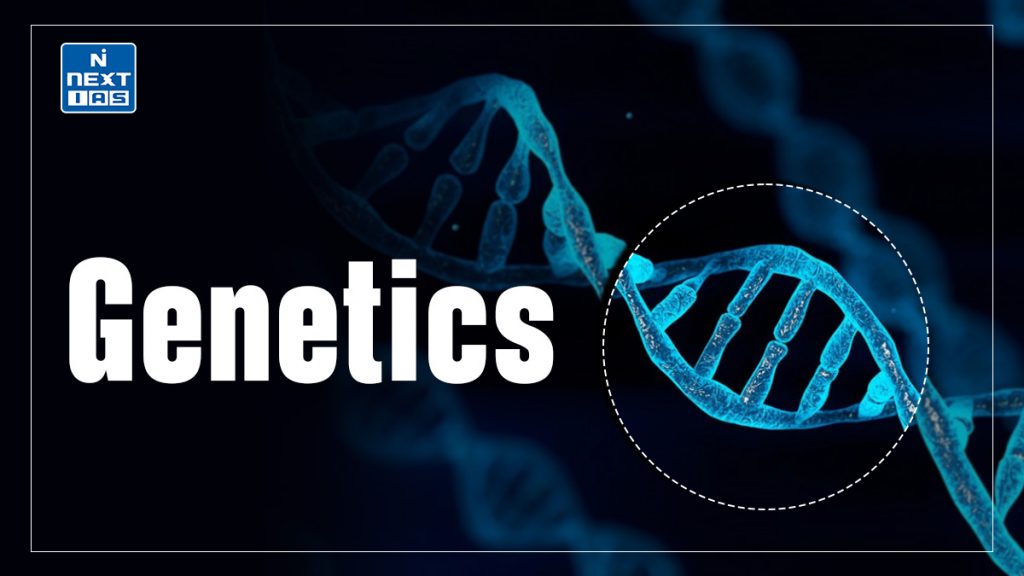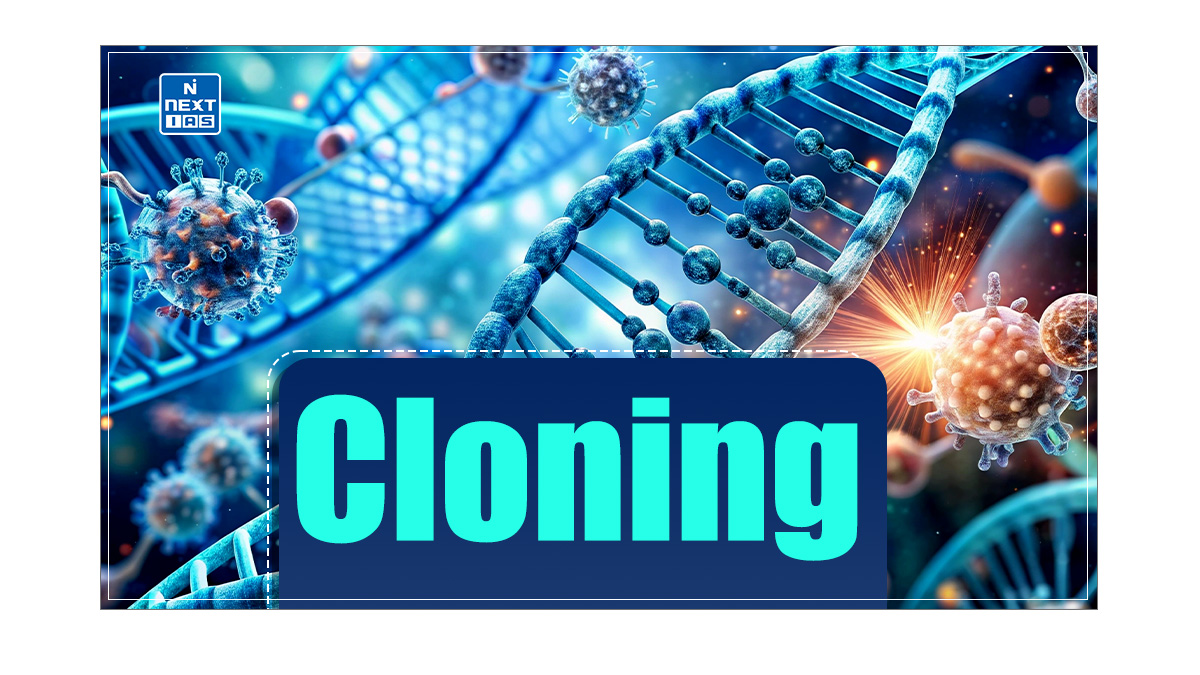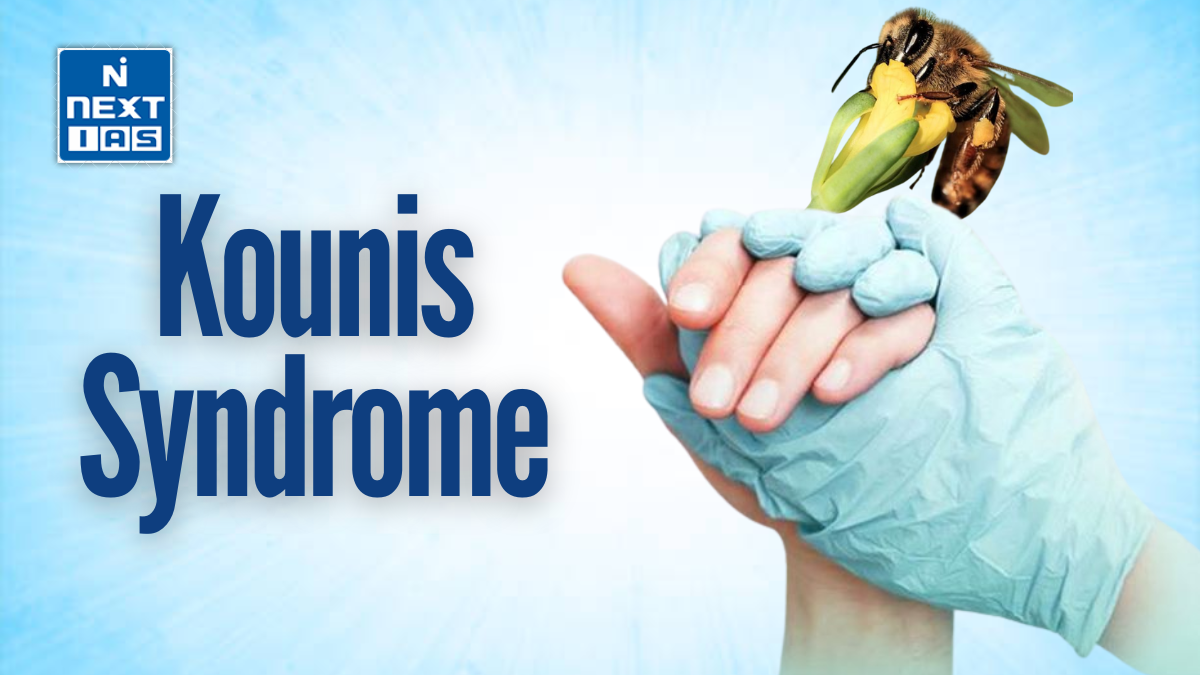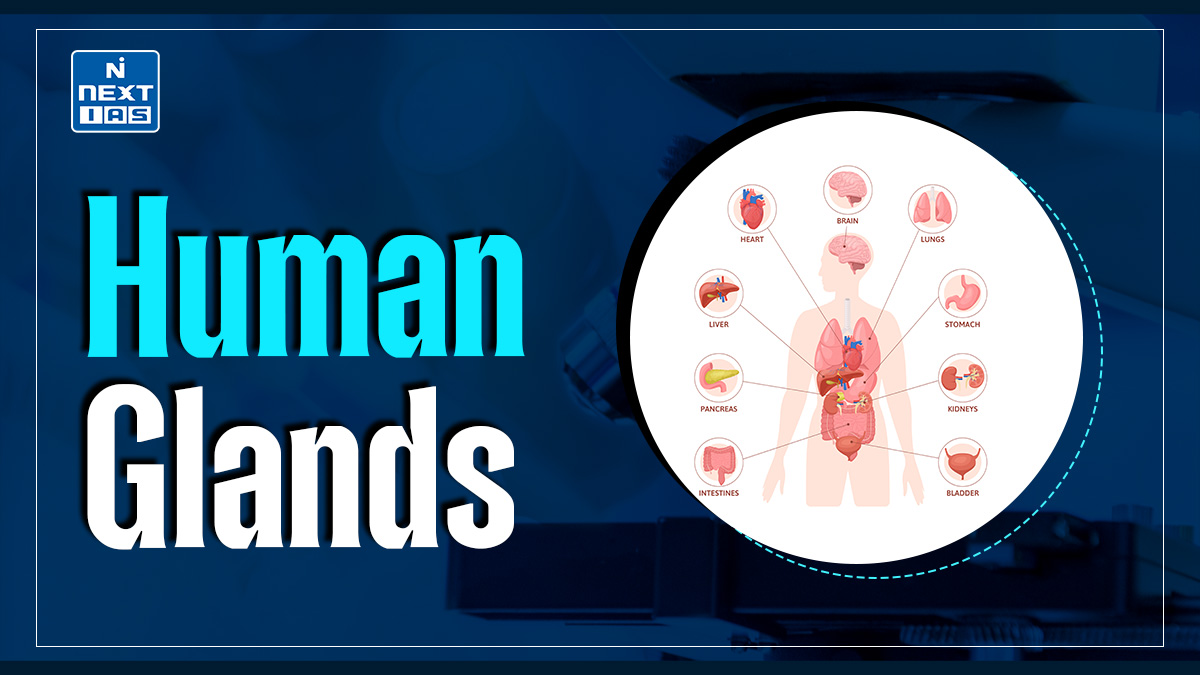
Genetics is the branch of biology that studies heredity and the variation of traits in organisms. It focuses on how genes, the units of inheritance, are passed from parents to offspring, influencing traits and biological processes. Genetics provides insights into evolution, disease mechanisms, and the functioning of living organisms.
What is Genetics?
- Genetics is the scientific study of heredity, the process by which traits and characteristics are passed from parents to offspring.
- It explores how genes, which are made up of DNA, encode instructions for building and maintaining the functions of an organism.
- These genes are inherited in distinct patterns, influencing traits such as eye color, height, and susceptibility to certain diseases.
- Genetics involves the study of chromosomes, genes, mutations, and genetic variation within populations.
- It also examines how these genetic factors interact with environmental influences.
- Mendelian genetics, which involves the inheritance of traits based on dominant and recessive alleles, is a foundational concept in the field.
- Modern genetics also includes molecular genetics, focusing on the structure and function of genes, and genomics, which examines entire genomes.
- Genetics is crucial in fields such as medicine, agriculture, and evolutionary biology, offering insights into genetic disorders, crop improvement, and the biological basis of diversity and adaptation.
Applications of Genetics
Genetics has a wide array of applications across various fields of science, medicine, agriculture, and industry. Here’s an overview of key areas where genetics plays a critical role:
Medicine
- Disease Diagnosis and Prevention: Genetic testing helps diagnose hereditary conditions, identify predispositions to diseases, and design personalized prevention strategies.
- Pharmacogenomics: Tailoring drug treatments based on individual genetic profiles to enhance efficacy and minimize side effects.
- Gene Therapy: Treating genetic disorders by correcting or replacing faulty genes.
- Cancer Research: Identifying mutations responsible for cancer progression and developing targeted therapies.
- Reproductive Genetics: Preimplantation genetic diagnosis (PGD) and screening for inherited disorders in embryos during in vitro fertilization (IVF).
Agriculture
- Crop Improvement: Genetic engineering enhances crop yields, resistance to pests, and environmental adaptability.
- Animal Breeding: Selecting and propagating desired traits in livestock through genetic analysis.
- Genetically Modified Organisms (GMOs): Developing plants and animals with desirable traits, such as drought tolerance or higher nutritional value.
Biotechnology and Industry
- Microbial Genetics: Engineering microbes to produce pharmaceuticals, enzymes, biofuels, and other valuable products.
- Synthetic Biology: Designing and constructing novel genetic circuits for industrial applications.
- Bioremediation: Using genetically modified organisms to clean up environmental pollutants.
Evolutionary and Population Genetics
- Tracing Human Ancestry: Understanding migration patterns and evolutionary relationships through genetic markers.
- Conservation Biology: Preserving endangered species by analyzing genetic diversity and guiding breeding programs.
- Epidemiology: Tracking disease outbreaks and understanding pathogen evolution through genetic sequencing.
Forensics
- DNA Fingerprinting: Identifying individuals for criminal investigations, paternity tests, and disaster victim identification.
- Wildlife Forensics: Combatting illegal wildlife trade by tracing the origins of seized materials.
Personalized Nutrition and Lifestyle
- Nutrigenomics: Studying how genes influence dietary needs and responses, enabling customized nutrition plans.
- Fitness Genetics: Developing exercise regimens optimized for an individual’s genetic makeup.
Education and Research
- Model Organisms: Studying genetics in organisms like fruit flies and mice to uncover fundamental biological processes.
- Gene Editing Techniques: Advancing tools like CRISPR-Cas9 for precise genetic modifications and experimentation.
Ethical and Social Applications
- Genetic Counseling: Helping individuals understand genetic risks and implications for family planning.
- Policy Making: Informing regulations around genetic privacy, biotechnology, and reproductive rights.
Significance of Genetics
The significance of genetics lies in its profound impact on understanding life processes, improving human health, and addressing global challenges. Here’s an outline of its importance across different domains:
Understanding Biological Mechanisms
- Deciphering the Blueprint of Life: Genetics provides insights into how traits are inherited and how organisms function at a molecular level.
- Gene Function and Regulation: Identifying the roles of specific genes in growth, development, and adaptation.
- Evolutionary Insights: Understanding how genetic variations drive evolution and biodiversity.
Advancing Human Health
- Diagnosis and Treatment of Diseases: Genetics enables early detection of hereditary disorders, guiding preventive measures and targeted treatments.
- Personalized Medicine: Tailoring medical care based on individual genetic profiles to enhance treatment outcomes.
- Gene Therapy: Offering potential cures for previously untreatable genetic disorders.
- Cancer Research: Identifying genetic mutations that cause cancer, leading to innovative therapies.
Improving Agriculture and Food Security
- Enhanced Crop Production: Genetic engineering develops high-yield, pest-resistant, and climate-resilient crops.
- Livestock Improvement: Optimizing breeding for desirable traits, such as faster growth or disease resistance.
- Nutritional Enhancement: Developing biofortified crops to address malnutrition (e.g., golden rice enriched with Vitamin A).
Solving Environmental Challenges
- Conservation Biology: Genetics helps preserve endangered species and maintain ecosystem balance through genetic diversity analysis.
- Bioremediation: Using genetically modified organisms to clean up pollutants and restore ecosystems.
- Sustainable Practices: Genetic innovations support sustainable agriculture and reduce reliance on chemical fertilizers and pesticides.
Empowering Forensic Science
- Crime Solving: DNA fingerprinting revolutionized forensic investigations, offering a highly accurate method to identify individuals.
- Paternity and Ancestry Testing: Establishing familial relationships and tracing human ancestry.
Driving Technological and Scientific Innovation
- Biotechnology: Genetic research underpins advances in pharmaceuticals, biofuels, and industrial enzymes.
- Gene Editing: Tools like CRISPR-Cas9 enable precise genetic modifications for research and therapeutic purposes.
- Synthetic Biology: Engineering new organisms with desired traits for various applications.
Enhancing Quality of Life
- Nutrigenomics: Understanding the interaction between diet and genes to promote health and prevent disease.
- Reproductive Choices: Genetic counseling supports informed decisions about family planning and managing genetic risks.
Ethical and Philosophical Implications
- Understanding Human Identity: Genetics challenges and refines concepts of individuality, ancestry, and relatedness.
- Policy and Ethics: Shaping discussions on genetic privacy, gene editing, and the societal impact of genetic technologies.
Recent Developments in Genetics
Recent advancements in genetics have led to significant breakthroughs across various domains, including medicine, public health, and our understanding of human evolution. Here are some notable developments:
Gene Therapy for Deafness
Recent clinical trials have made progress in gene therapy aimed at treating congenital deafness. While these advancements are promising, further research is necessary to enhance the efficacy and safety of such treatments.
Genetic Screening to Reduce Early Disease Mortality
A study by Stanford University and Genomics suggests that genetic screening could prevent nearly 25% of premature deaths from common diseases such as breast cancer, diabetes, and hypertension. Utilizing polygenic risk scores (PRS) from large genetic databases, the research identifies individuals at high genetic risk for nine conditions. Screening these individuals earlier than current guidelines could drastically reduce premature mortality.
Genetic Mutations in Parkinson’s Disease
A study published in the medical journal Brain found that gene mutations in Parkinson’s disease (PD) patients are more prevalent than previously thought. Genetic profiling of over 8,000 diverse PD patients revealed that 13% had a genetic form of the disease. This rate increased to 18% in patients with known risk factors, such as early onset or a family history of PD. These findings suggest that genetic testing should be more broadly offered to PD patients.
Genetic Basis of Gout
Research from the University of Otago asserts that gout is primarily caused by genetics rather than lifestyle. The study, published in Nature Genetics, involved analyzing the DNA of 2.6 million individuals worldwide, identifying hundreds of genetic markers linked to gout. This challenges the traditional view that lifestyle choices are the main cause of gout and highlights the need for increased healthcare resources for this condition.
Genetic Discrimination Concerns
Instances of genetic discrimination are emerging, particularly in the context of insurance coverage. For example, individuals with genetic mutations associated with certain diseases, such as ALS, have been denied long-term-care insurance based on their genetic risk, even if they are asymptomatic. This highlights gaps in the United States’ Genetic Information Nondiscrimination Act (GINA), which allows life, long-term-care, and disability insurers to consider DNA when issuing policies.
Insights into Human Evolution
Genetic research continues to shed light on human history. Studies reveal that all humans are genetically quite similar, with most genetic differences existing within populations rather than between them. This challenges the concept of separate races and underscores the continuous gene exchange throughout human history.
These developments underscore the dynamic nature of genetic research and its profound implications for medicine, public health, and our understanding of human biology.
Way Forward
The way forward for genetics involves integrating advanced technologies like AI for data analysis, expanding access to genetic testing, and addressing ethical concerns around privacy and equity. Enhanced public awareness, interdisciplinary research, and robust regulations will ensure genetics continues driving breakthroughs in medicine, agriculture, and environmental sustainability for global benefit.
Conclusion
Genetics is a cornerstone of modern science, unlocking insights into life’s blueprint, advancing personalized medicine, improving agriculture, and solving global challenges. Its continued progress fosters innovation, enhances health, and deepens our understanding of evolution and diversity, shaping a future where genetic knowledge empowers humanity to overcome complex biological and societal challenges.
GS - 3





